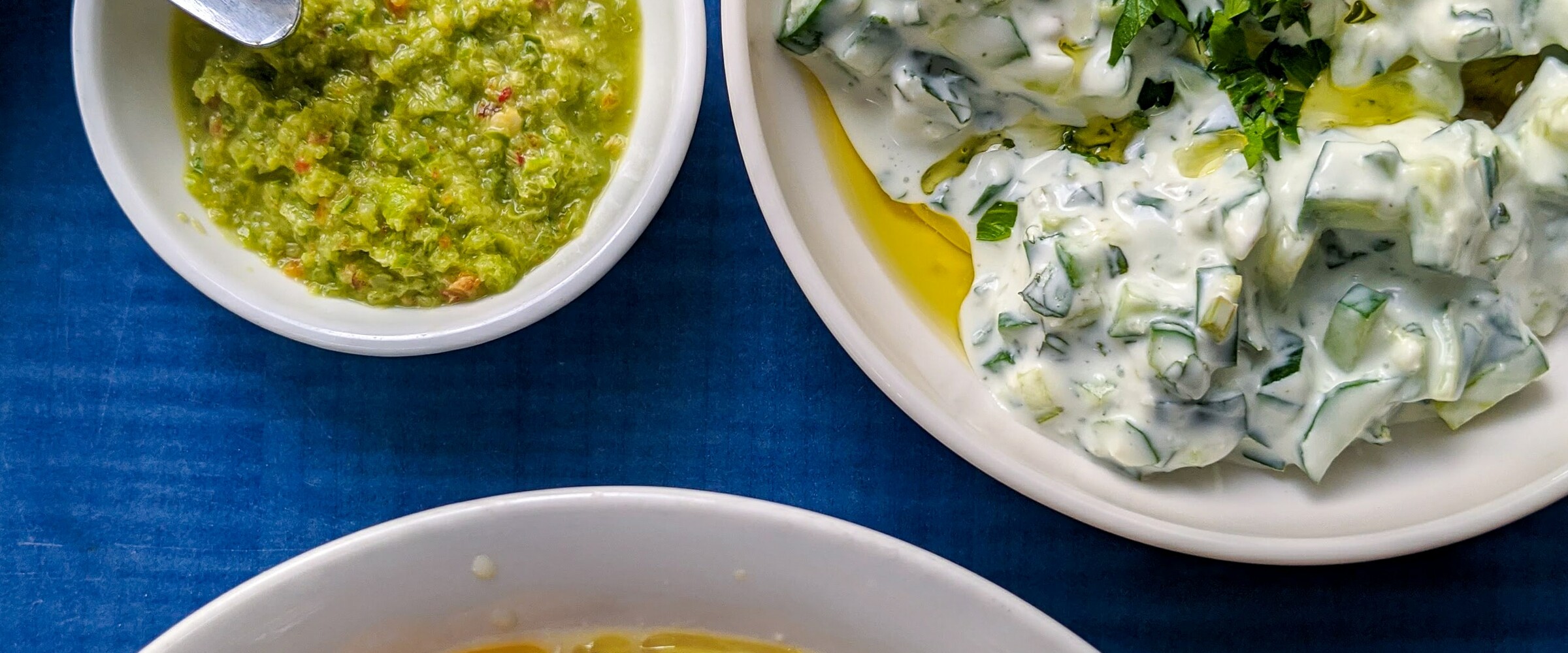
Mediterranean diet – can it influence IVF results?
UK scientists will examine the effects of a Mediterranean diet rich in omega-3 fish oil and vitamin D on fertility for women and couples undergoing In Vitro Fertilisation (IVF).
Common sense would suggest that preconception health of both women and men could play a role in the Assisted Reproductive Technology (ART) treatment outcome. We all know that a healthy lifestyle and good nutrition influences the quality of egg and sperm in the preconception period, therefore increasing the chances of a successful pregnancy.
What is a Mediterranean diet?
The Mediterranean style diet is high in fruits, vegetables, fish, wholegrain, nuts and seeds. It is limited in red meat, dairy, alcohol and processed foods such as cakes and mayonnaise2
In 2010 a Dutch study showed that preconception Mediterranean style diet in couples undergoing ART treatment increases chances of achieving pregnancy by 40% 2.
More evidence of Mediterranean diet’s benefits
Omega-3 fatty acids are derived from oily fish sources such as salmon, mackerel and sardines, nuts and seeds. Omega-3 serves as a precursor to different prostaglandins (PGs) that are important in the menstrual cycle, growth and development of eggs and initiation of the ovulation. PGs also play a role in fertilization of the embryo in the uterus.2
Vitamin D is derived from dietary oily fish and eggs. It appears to impact IVF outcomes by boosting levels of progesterone and estrogen, which regulates menstrual cycles improving the chance of conception.
You may be thinking what about men? Vitamin D also benefits semen quality and count in males. Additionally, it increases levels of testosterone, boosting libido. 3
Current guidelines suggest to prescreen all women before IVF. Optimal vitamin D levels are considered to be 75m/mol or above. We commonly prescribe vitamin D doses ranging from 1000-5000iu a day. Dosage recommended in infertility depends on the blood levels. If you are very deficient it may be hard to obtain sufficient amounts of Vitamin D from the diet alone and supplements are highly recommended.4
But, do these positive results from dietary omega-3 and vitamin D, translate into positive results from supplementation?
The answer is we don’t know yet. Vitamins and minerals absorb more effectively from food sources. There are other co-factors in food that increase vitamin and nutrient activation in the body. Nevertheless, both omega-3 and vitamin D supplements have a low side effects profile and are safe before, during and after (breastfeeding stage) pregnancy.
One other likely benefit of the Mediterranean diet to fertility is its high vitamin B content. Vitamin B6 and B12, as well as Folate, is required to breakdown homocysteine, a naturally occurring amino acid found in blood plasma. Elevated levels of homocysteine are associated with adverse reproductive and pregnancy outcomes. This is why adequate intake of Folate, B6 and B12 is recommended for women who are trying to conceive either spontaneously or via IVF. In another blog I will discuss the significance of homocysteine pathway and its link to the quality of sperm and egg.2
What does this mean if you’re undergoing IVF?
Following a Mediterranean diet may increase your chances of achieving pregnancy through IVF. Omega-3 fatty acids and vitamin D play an important role though further research is still required to confirm this link.
Currently there are no specific guidelines on what constitutes a Mediterranean diet and optimal quantities of certain foods in order to make a routine recommendation. IVF patients may benefit from a nutrition assessment by a clinical dietitian or a naturopath who can review their dietary habits and develop a food plan.
In the case of Vitamin D, given the current prevalence of deficiency in sub-fertile women and men, and difficulty deriving enough from diet alone, supplementation alongside ART treatment may be recommended in most cases.
References: 1, Vujkovic M, De Vries JH, Lindemans J, Macklon NS, Van Der Spek PJ, Steegers EA, Steegers-Theunissen PM. The preconception Mediterranean dietary pattern in couples undergoing in vitro fertilization/intracytoplasmic sperm injection treatment increases the change of pregnancy. Fertility and sterility Vol. 94, No 6, November 2010. 2, Lerchbaum E, Obermayer-Pietsch B. Vitamin D and fertility – a systematic review. European Society of Endocrinology. 24 January 2012. 3, Australian Health Ministers’ Advisory Council. Clinical Practice guideline: Antenatal Care – Module 1. Australian Government Department of Health and Aging, Canberra. 31 August 2012. Available: [www.health.gov.au/antenatal]. Accessed: [27 Mar 2014].
